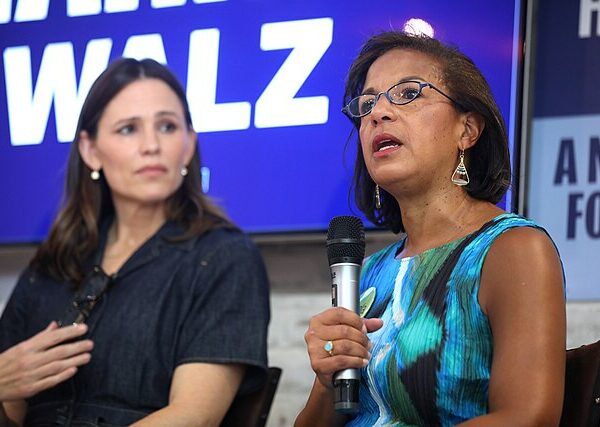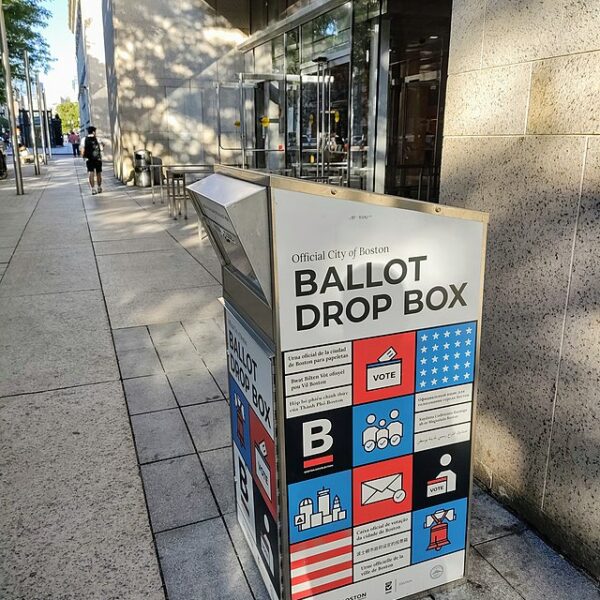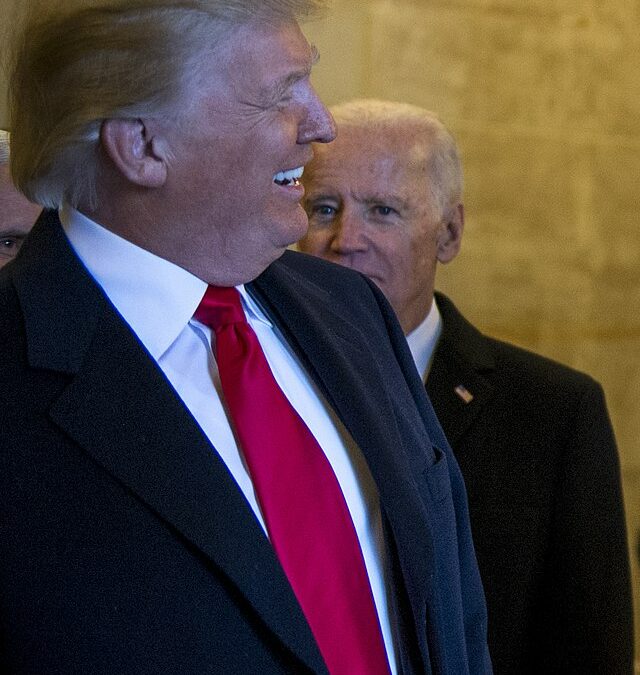
A new survey shows Americans cooling toward capitalism, with Democrats now favoring socialism by a wide margin. Conducted between August 1 and 20, 2025, the poll found only 54% of Americans view capitalism positively, down from 60% in 2021 and the lowest level since Gallup began tracking the measure in 2010, according to the polling outfit.
The poll also documents declining trust in capitalism’s institutions. Only 37% of Americans now view big business favorably, compared with 52% in 2019. Among Democrats, approval of big business has collapsed to 17%, a 17-point decline since 2021. Independents’ support has fallen to 36%, while Republicans, though still largely supportive, dropped to 60% from 78% in 2019. By contrast, small business and free enterprise continue to command near-universal respect, with approval ratings of 95% and 81%, respectively.
Support for socialism, meanwhile, has held steady at 39% overall, but partisan differences are widening. For the first time, less than half of Democrats—just 42%—say they have a favorable view of capitalism, an eight-point drop since 2021. By contrast, 66% of Democrats now see socialism positively, up from 50% in 2010. That marks a 24-point preference for socialism over capitalism within the party, a gap that has grown steadily since 2016.
Independents also show signs of disillusionment. Just 51% now view capitalism favorably, down from 59% in 2021, while their views on socialism have remained flat at 38%. Republicans remain the bulwark of the capitalist camp, with 74% expressing support and only 14% endorsing socialism.
The leftward drift among Democrats reflects the rising influence of self-identified democratic socialists such as Sen. Bernie Sanders, Rep. Alexandria Ocasio-Cortez, and New York City mayoral candidate Zohran Mamdani. Their calls for government-run grocery stores and healthcare, wealth taxes, and a soft-on-crime approach mesh with a party that has become increasingly more radical and more violent.
Mamdani, for example, recently announced that as mayor he intends to “reduce the jail population” faster, allowing those accused of crimes back on the street.
Zohran Mamdani says he will "reduce the jail population" and ensure NYC courts release suspects faster pic.twitter.com/yyBxLSoqyl
— End Wokeness (@EndWokeness) September 8, 2025
This move fits the new Democratic Party, one that grows more and more willing to use violence as a political tool.
This transformation is not confined to the party’s progressive wing. Even veteran moderates are now embracing ideas once dismissed as fringe. James Carville, the moderate strategist who helped elect Bill Clinton in 1992, recently demanded sweeping structural changes to secure Democratic power. In a series of blunt remarks, Carville urged Democrats to “unilaterally add Puerto Rico and the District of Columbia as states” and expand the Supreme Court to 13 justices. Moves like these, long regarded as taboo, are now presented as necessary to preserve what Carville described as a faltering democracy.
Carville admitted that in the past he would have been skeptical of such measures, calling them a “Pandora’s Box.” But in 2025 he now insists they are essential if Democrats regain full control of Washington. “If you want to save democracy, I think you got to do all of those things,” he declared. His conversion illustrates how deeply the party has internalized the notion that altering the rules of the system is the only way to compete in it.
Taken together, the Gallup data and Carville’s rhetoric highlight a party completely captured by its activists, which is why they began rigging elections at the local level and for national party leadership. Rank-and-file Democrats are increasingly drawn to socialism as an economic model, while party elders now speak openly about reshaping America’s institutions to entrench their advantage. Once outlier positions—statehood drives, court-packing schemes, and the erosion of traditional checks—are entering the mainstream of Democratic debate.
The findings suggest a broader re-evaluation of capitalism’s promises. For Democrats in particular, socialism is no longer a fringe position but a rising orthodoxy. As the 2028 presidential election looms, the party’s ideological tilt could shape both its platform and the national debate over America’s future.
[Read More: Trump Highlights Murder Liberal Media Is Covering Up]











